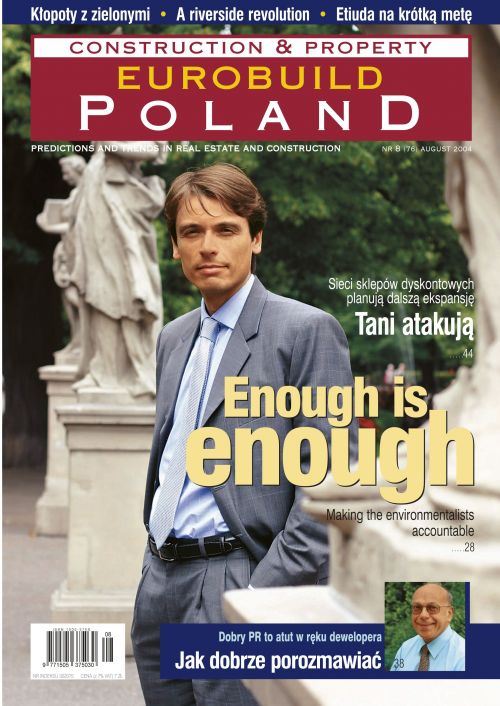Every so often we hear of a major development being challenged by non-governmental organisations (NGOs) dealing with environmental protection. There are probably many more that we don't hear of, as the developers, instead of having the matter resolved by the court, prefer to conduct in-chambers discussions with the NGOs concerned. It results in the development being "brought in line with environmental protection rules". However, so far there has been nothing as spectacular as stopping a several hundred million dollar flagship investment, a year and a half after the commencement of construction works. And it's neither the previous owners, nor the neighbours, not even the city itself who stopped Złote Tarasy. It is a small (though well known) NGO which claims to be protecting the environment. NGOs (not) excluded When the 2003 amendment to the Building Law came into force, some developers were very happy that it excluded NGOs from the building permit proceedings. Well, it did exclude NGO




























































